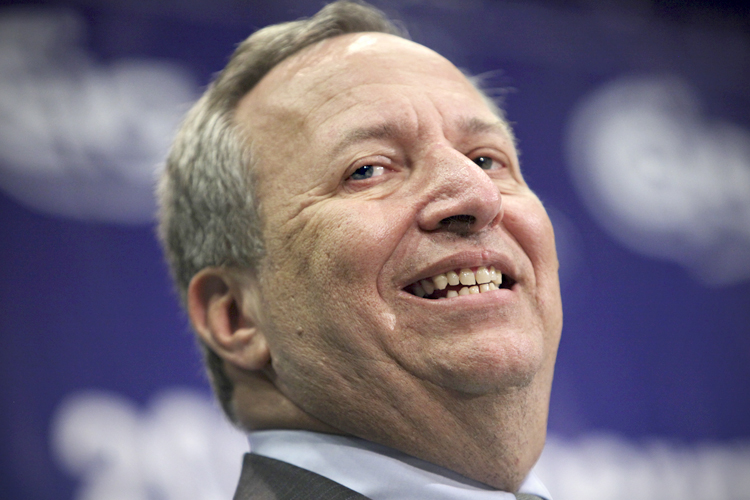The New York Times had one of its seemingly weekly dispatches from the hinterlands of Hillary Clinton’s shadow campaign for president, and the biggest takeaway is this: From all indications, the former first lady and secretary of state will attempt to run in 2016 as a one-size-fits-all kind of candidate. Put differently, Clinton and company have decided to embrace a campaign model built around the idea of a “big tent,” and to therefore reject my earlier, unsolicited advice. I know; I’m shocked, too.
To be fair, I’ve reached this conclusion in large part through reading tea leaves — a prognosticatory method with a record that’s mixed at best. There’s plenty of time between now and whenever the campaign begins in earnest. But if the Times report on the “quandary” Clinton finds herself in is accurate, and if “address[ing] the anger about income inequality without overly vilifying the wealthy” really is “a central question” of her early strategy, it’s hard to imagine an economically populist campaign in the offing. Hardly a surprise, if you’re familiar with Clinton’s history and the company she keeps.
However, if you happen to be one of the many lefties who regard the Clintons themselves as conservatives (or just amoral opportunists) in liberals’ clothing, the report is something worse than disappointing. It’s vindication. Because the campaign team the Times describes doesn’t sound like one searching for politically viable policies to fit into its populist economic message. Instead, it sounds like the opposite — a team that’s already settled on politically unviable policies and is now searching for ways to convincingly pretend they fit into a populist economic message.
There are a few tells in this regard, but the most artless and obvious is a quote that, fittingly, comes from Larry Summers, the former economic advisor to President Obama who spent some time as treasury secretary under President Clinton. Summers is a large personality who seems to have a knack for earning the antipathy of colleagues and acquaintances. But the reason much of the left views him with fearful contempt is because of his close ties to Wall Street and his Clinton-era fondness for financial deregulation. If you had to pick one high-profile bureaucrat who most embodies the archetypal imperious technocrat, Summers would be at the top of your list.
So when the Times quotes Summers as saying that Clinton’s “challenge” will be figuring out how “to address inequality without embracing a politics of envy,” it makes perfect sense. After all, it was during the Clinton years that the mainstream of the Democratic Party most conspicuously abandoned the economic populism that held the party together throughout much of the New Deal era. The Clinton years were also the time when the bar for what constituted “class warfare” dramatically fell, and when any Democrat guilty of promoting “class warfare” was deemed to be unserious. (And as Sen. Elizabeth Warren learned firsthand, Larry Summers is nothing if not serious.)
Nearly as predictably, the Times report also quotes the left-wing economist Dean Baker saying that “Clinton people didn’t want to go near it” when he recommended the future candidate endorse imposing a fee on some financial assets. But while Clinton’s refusal to endorse a financial transaction tax has been longstanding, it’s recently taken on a different, greater relevance. If a Democrat opposed a tax on some Wall Street transactions back in the days before the Great Recession, that was hardly out of the ordinary. Lately, though, the Democratic Party has been drifting leftward: House Democrats’ January proposal to use a Wall Street fee to cut middle-class taxes, for example, has now pushed the idea squarely into the mainstream.
Again: No one who’s followed the Clintons doesn’t know already that their economic policy choices tend to be on the rightmost fringe of their party. Nobody seriously expected the Hillary Clinton of the 2016 campaign to be an Elizabeth Warren doppelgänger. Still, there were many who hoped that Clinton’s instincts as a politician would overcome her reflexive neoliberalism, and that she’d recognize why running as Wall Street’s favorite Democrat was a political dead-end. All the more so now that Republicans want to talk about the “opportunity gap.”
Regrettably, this New York Times report suggests that that awakening hasn’t arrived yet. And it gives reason to doubt that it ever will. Unless the response to the piece from the left of the party shakes the Clinton team out of its pre-recession stupor, it looks like a big tent campaign — one that tries to be everything to everyone, to campaign against inequality with the fulsome backing of the 1 percent — is exactly what we’re going to get.

